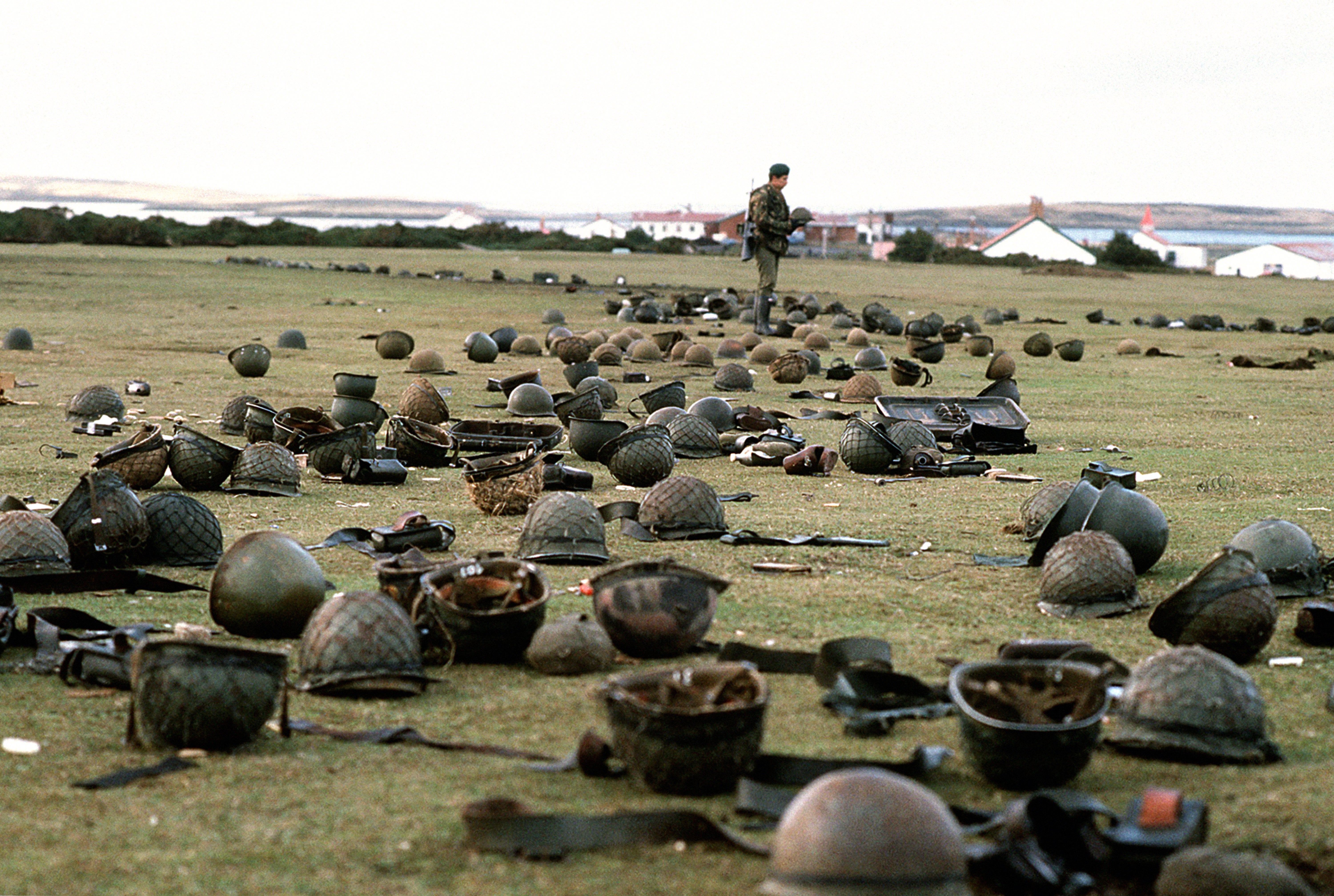Newly declassified files reveal UK interest in Falklands oil
Ministers wanted to cash in on oil around islands before and after war

Declassified British government documents have revealed that ministers wanted to profit on oil around the Falkland Islands before and after the 1982 conflict with Argentina.
The files show that there had long been interest in oil around the Falkland Islands. In a 1975 document, an energy department official wrote: “Our ministers are very interested in the possibility of exploiting offshore oil around the Falkland Islands.”
The papers also show that ministers believed that the revenues from the Falklands oil should go to the British government and not the Falkland islanders.
“I have no doubt that in the event of a major oil find, tax revenues should accrue to the UK exchequer. That seems to me only equitable given the very substantial financial as well as other sacrifices that the UK has made … to secure the freedom of the Falkland Islands,” wrote the former chancellor Norman Lamont to the then-foreign secretary, Douglas Hurd, on 21 October 1991.
But Mr Lamont added: “We would not want to give credence to the accusation that our Falkland Islands operation was motivated by a belief that there was oil to be found in Falklands waters, which would be quite untrue.”
Former prime minister John Major approved a policy paper in 1991, suggesting that the British government should receive a “substantial share” of any oil revenues in the Falklands.
The overseas and defence policy cabinet committee paper read: “If oil were to be found in commercially recoverable quantities, HMG [Her Majesty’s Government] … should take such measures as are necessary to ensure that HMG can secure access to a substantial share of the concomitant revenues.”
The paper questioned whether the Falkland islanders should be the “exclusive beneficiaries” of the huge large profit to be made, and concluded that oil-sought revenues should only be pursued “when it is clear that the financial benefits will outweigh the political difficulties”.
The revelation comes as Britain marks the 40th anniversary of the war. A commemorative service took place on Tuesday, bringing together veterans, civilians and bereaved family members at the National Memorial Arboretum in Staffordshire.
The conflict lasted 74 days, and saw the loss of 255 British troops. Three Falkland Islanders died as well as 649 Argentinian military personnel.
Join our commenting forum
Join thought-provoking conversations, follow other Independent readers and see their replies
Comments